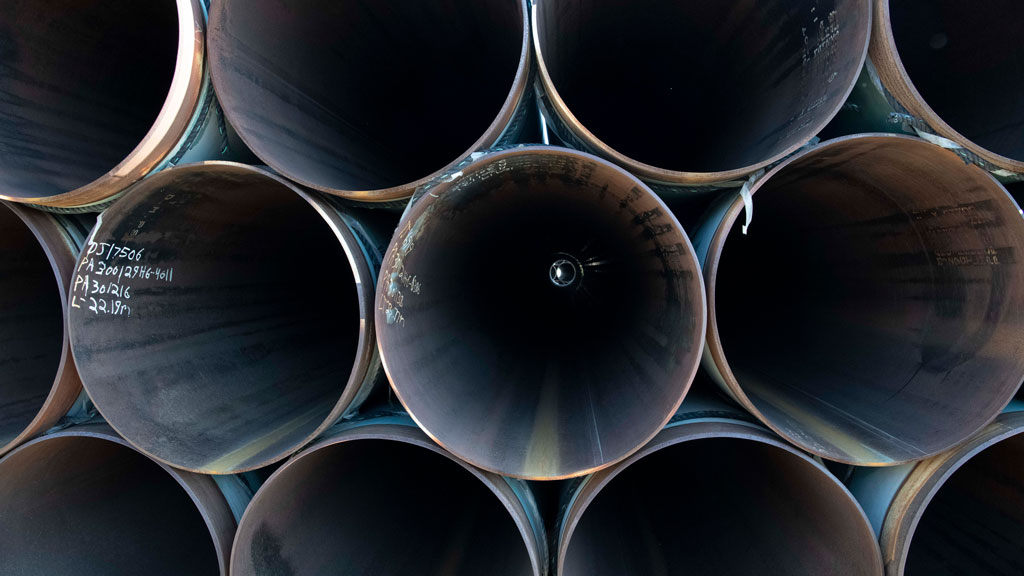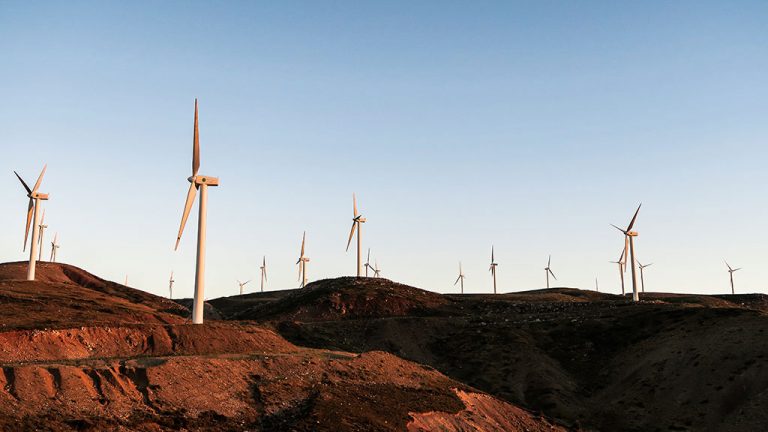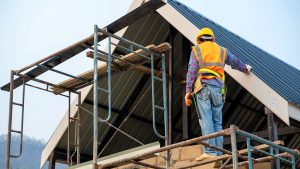After suffering major economic blows from oil price crashes, cancelled projects and the pandemic, Alberta’s oil and gas sector must look to a low carbon future if it wants to attract new investment.
That’s the advice from Mike Holden, chief economist for the Business Council of Alberta. As the province laments the cancellation of the Keystone XL pipeline, Holden explained there is still hope for the energy sector.
“There are still potential investments in the oil and gas sector, but I think it really depends on whether or not we can attract private capital,” said Holden. “Because of all the focus is on climate change and reducing greenhouse gas emissions or achieving net zero by 2050, a lot of people are not sure if there is a future for the oil and gas industry. There is a lot of uncertainty about it.”
Holden believes there is a future for it, but it must be a low carbon future. Investments can be attracted by creating an enabling environment, encouraging innovation and advancing technology.
“At the end of the day we are still looking at one of the largest oil reserves in the world and it has tremendous value,” said Holden. “Climate issues are important, and we don’t want to downplay that, but at the same time you don’t want to just write off that giant asset.”
Holden explained that banks and institutions are now paying close attention to environmental, social, and governance (ESG) records, so communicating the province’s progress on these records is key.
“Support from the federal government is huge,” said Holden. “I think a lot of people in Alberta are frustrated because they don’t see the federal government as providing a strong voice in support of its own energy and resources sector.”
He believes if the federal government did more to publicly champion the province’s successes, that alone would do a lot to begin attracting private capital.
Holden singled out carbon capture technology as another way to attract investment.
“Carbon capture is an area that the Alberta government and federal government will be putting a fair bit of money into supporting this, and it is something that could be useful for creating a potential hydrogen economy down the road,” said Holden.
A recent survey by the Fraser Institute showed there may be stiff competition for investment.
The independent think-tank surveyed 86 senior executives in the upstream oil and gas sector in five Canadian provinces and 16 American states about their barriers to investment in oil and gas exploration and production facilities.
The respondents ranked Oklahoma is the most attractive jurisdiction followed by Kansas, Texas, Arkansas, Utah, North Dakota, Wyoming, Mississippi and New Mexico. Saskatchewan was the only Canadian jurisdiction to crack the top 10 by placing eighth. Alberta took the 12th spot out of the 21 jurisdictions.
As for what 2021 has in store for Alberta, Holden said things mostly depend on the unpredictable rollout of vaccines.
“The quicker we can distribute vaccines and get people back to work, that will be the largest contributing factor to economic recovery anywhere across the country,” said Holden.
Many energy companies have been deferring their capital and maintenance projects since the pandemic hit. Holden said while there may not be as many new projects, this backlog of work will still need to get done.
For more on our interview with Mike Holden, check out a special �鶹��ý����ion Record podcast here.











Support for businesses to create jobs and cut emissions – Emissions Reduction Alberta